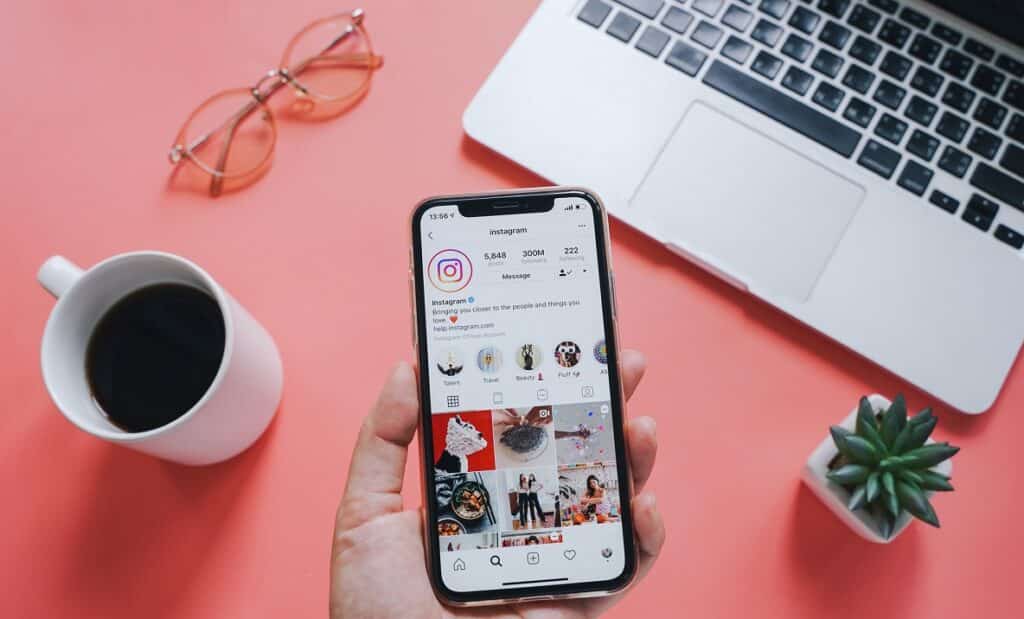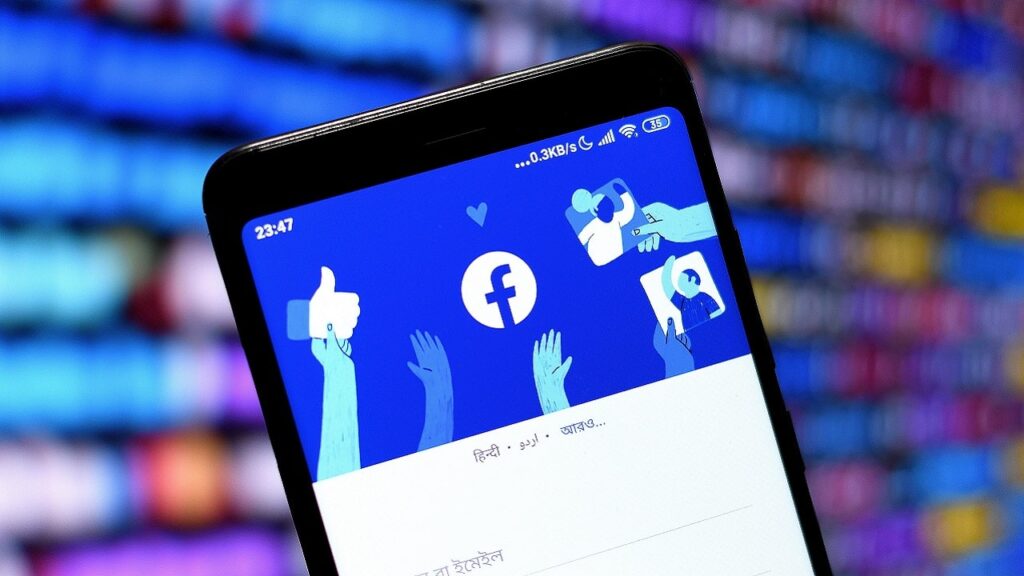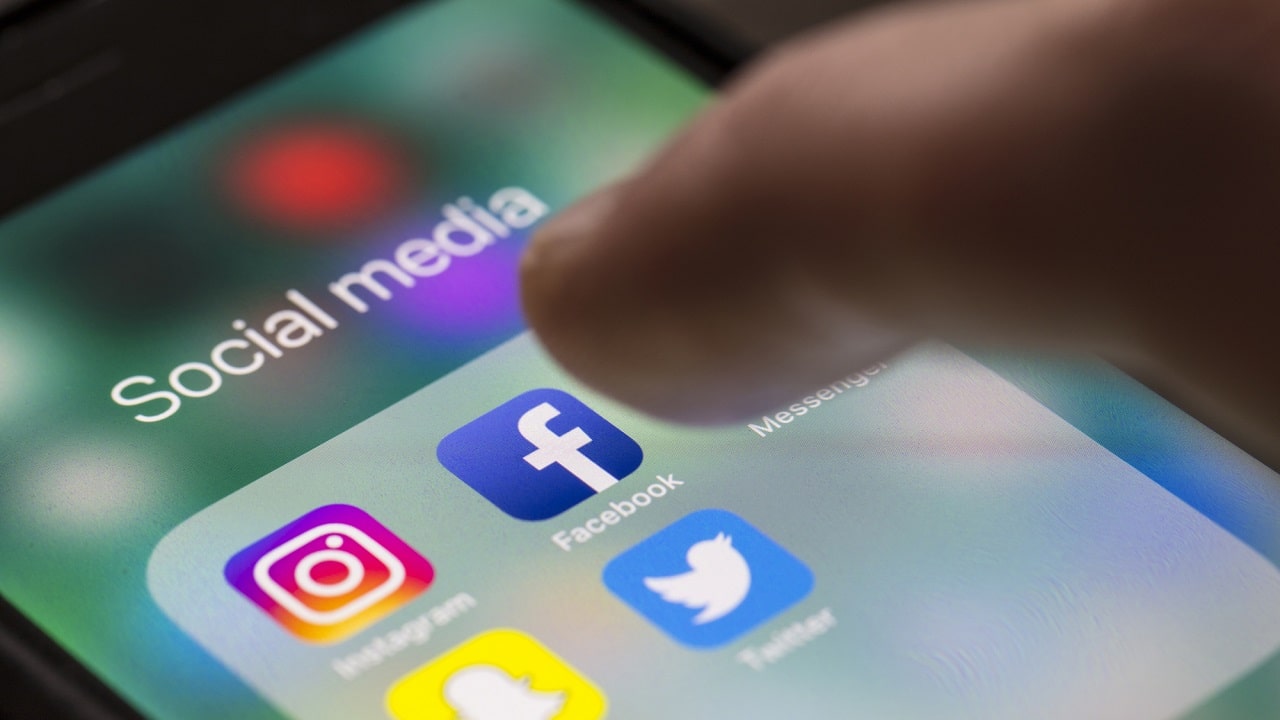Also Meta announced their subscription: 12 euros to make “Meta Verified” the accounts Instagram e Facebook. A move following “Twitter Blue” in the new version desired by Elon Musk. By paying, users of the social network can have the blue check once reserved only for the profiles of famous people and institutions. But come on Instagram, Facebook and even Twitter with the subscription you can also take advantage better cyber security features – paid digital protection. But is it fair that on social media you pay for cybersecurity?
Instagram, Facebook and Twitter: subscription security
Mark Zuckerberg’s new announcement has more formal and detached tones than Elon Musk’s, due to the very different characters between the two CEOs. But the crux of the matter seems the same. The verified social account was once a measure taken to improve the discourse on the platforms. The blue tick certifies that the announcement of the new film came from your favorite actor – but also that the health or geopolitical measures were communicated through official channels.
Instead, Meta also offers the paid blue check, a start with Australia and New zealand, also making it pay four euros more than that of Twitter. Users will have to verify their identity with an official document, but only after paying the bill.
Unlike Twitter, Instagram and Facebook won’t revoke the “verified” status of those who have already achieved it for fame. But like Twitter, among the “additional features” of its offer, it has added better options than safety. Even if the approach is different.
Paid security
Twitter has in fact decided to remove an important security option for those who do not pay: text messages for two-factor authentication end up behind the Twitter Blue subscription paywall. Fortunately, they exist best ways to secure your account to two factors that remain free (here we explain how to activate them).

Meta, on the other hand, takes a different approach. On Instagram and Facebook, access to “human” customer service becomes part of the functionality of the Meta Verified subscription. An option that does not directly concern security, but which becomes essential for users (and there are many) whose account is stolen by hackers.
Anyone of you who uses social media frequently has at least one person in your circle of acquaintances who has had this happen: from those who suddenly started posting spam to those who have lost access to their profile. The Washington Post reports the case of Jonathan Williams, who after losing control of his accounts to a hacker had to spend 30 hours clicking to find a solution without success because “I couldn’t get in touch with a human.”
Geoffrey A. Fowler, who signs the aforementioned Washington Post article, does not mince words: “Mark Zuckerberg’s latest announcement It gives me Don Corleone vibes”, he writes, comparing putting these security measures into subscriptions as a kind of “digital lace”. For Meta, however, it is simply an extra service.
Social security costs money, but do you really have to pay for it?
Among the many comments to the post with which Zuckerberg announces the news, a Facebook user commented that these security steps – document verification and customer support – “you should make it part of the main product, the user should not have to pay for them”.
Zuckerberg responded that: “Verify government records and provide direct access to customer support for millions or billions of people it costs a significant amount of money. Subscription fees will cover this cost and also determine how many people sign up, so we’ll be able to ensure quality as we scale.”

Zuckerberg’s reasons seem logical. But, although it is impossible to make assessments only in principle and without knowing how much these costs really amount to, various users on social media report equally punctual objections. The first is that the safety on social networks such as Instagram and Facebook doesn’t always work out optimally – if hackers can’t steal anyone’s account, the problem would not arise. Facebook offers two-factor authentication to all users, but may aim to make it mandatory and add more barriers to hackers.
Instagram, Facebook and Twitter – should we pay for security?
But the most interesting point is that, while we haven’t paid the price for social media so far, it’s not free. As Zuckberg himself explained to the US Senate, Meta “sells advertising”. The revenue comes from companies that want to put ads before our eyes to sell products and services. We do not pay for social networks with credit cards, but with our attention and our data.
We have known for years that “if you don’t pay for a product, you are the product”. In other words, that social networks offer us entertainment, connection with friends and relatives, information and more. But in return, the companies collect and aggregate data about our interactions to introduce yourself to advertisers and say, “I can find customers who want your product with unprecedented accuracy.” All the best social features are there to attract us to the platform – Meta and Twitter money make it selling our attention to the highest bidders.
Users are indispensable to the core business of social – to sell advertising. Don’t they deserve to have the security included in the price of giving up their data?
We don’t ask these questions polemically – we think it’s an issue worth debating. If we pay for a subscription, do we stop being the product? So can we think of a future where social media is ad-free, where our data remains ours and social media no longer sells it to advertisers? In addition to security, can we also buy privacy?
It seems unlikely to us: advertising remains the first factor in the revenues of social companies. So the product continues to be us, even if we pay – Couldn’t we at least have security included in the price of our data?
What do you think about it? The fact that Instagram, Facebook and even Twitter put some security features it’s a problem? Or is it comparable to a premium service – a kind of Kasko insurance for your social account? Let us know in the comments.















Leave a Reply
View Comments